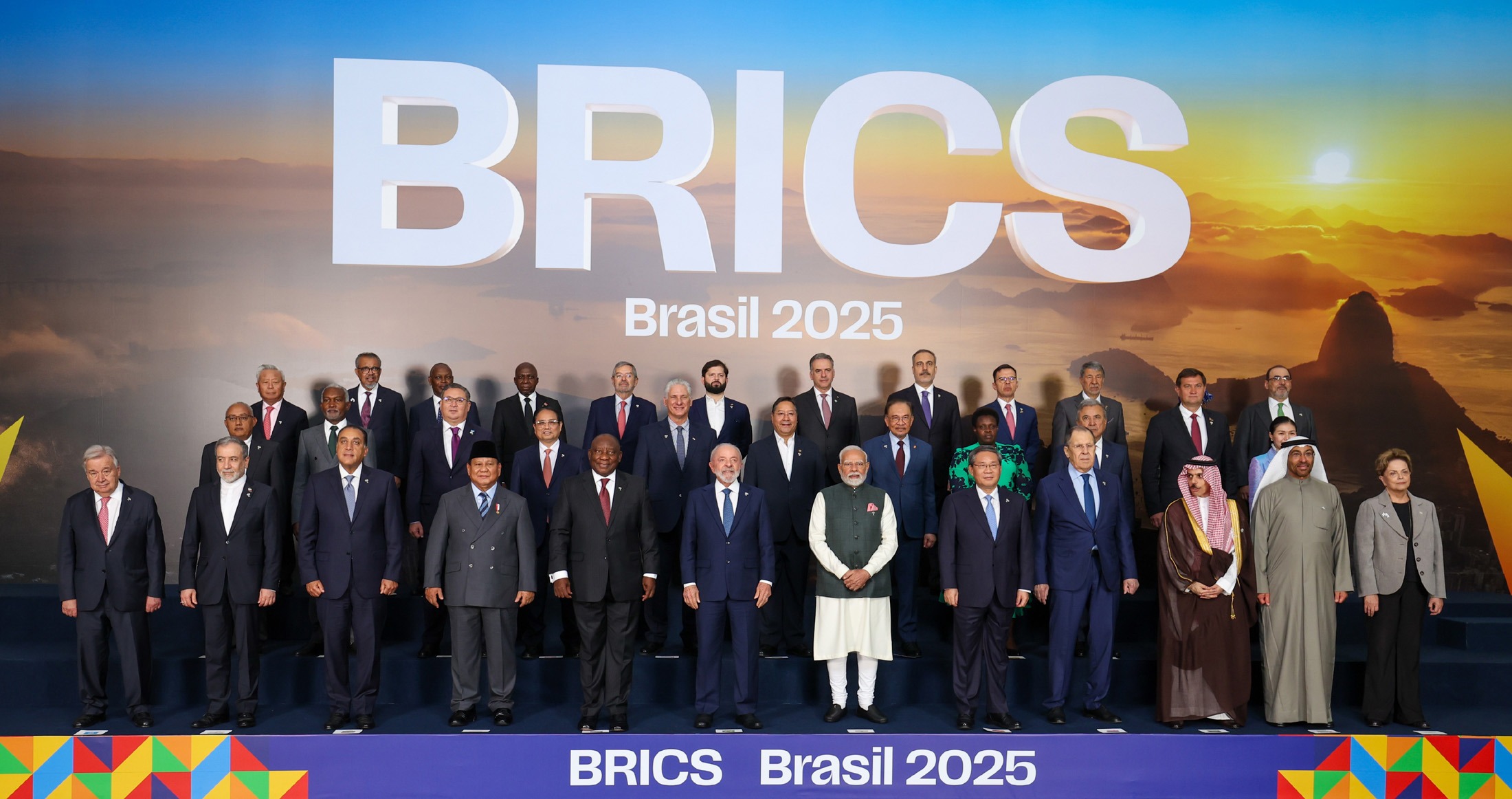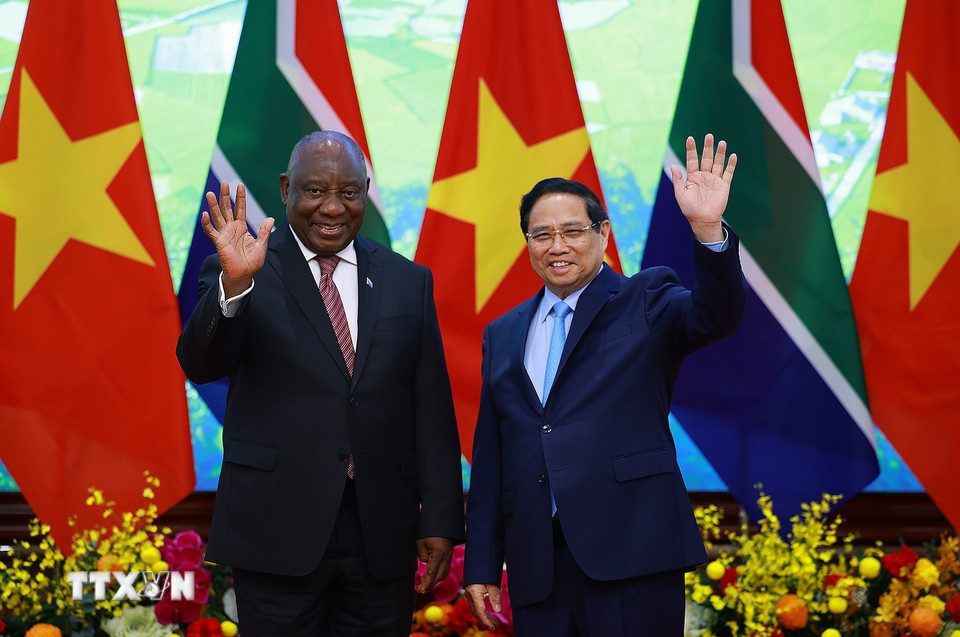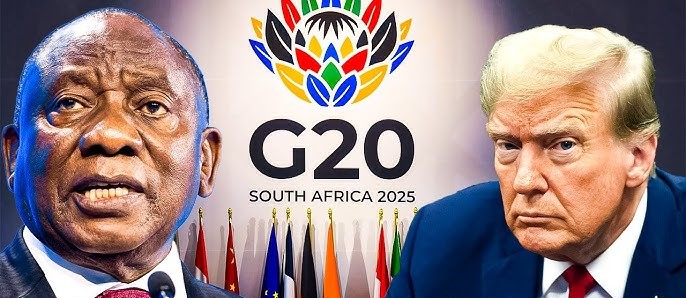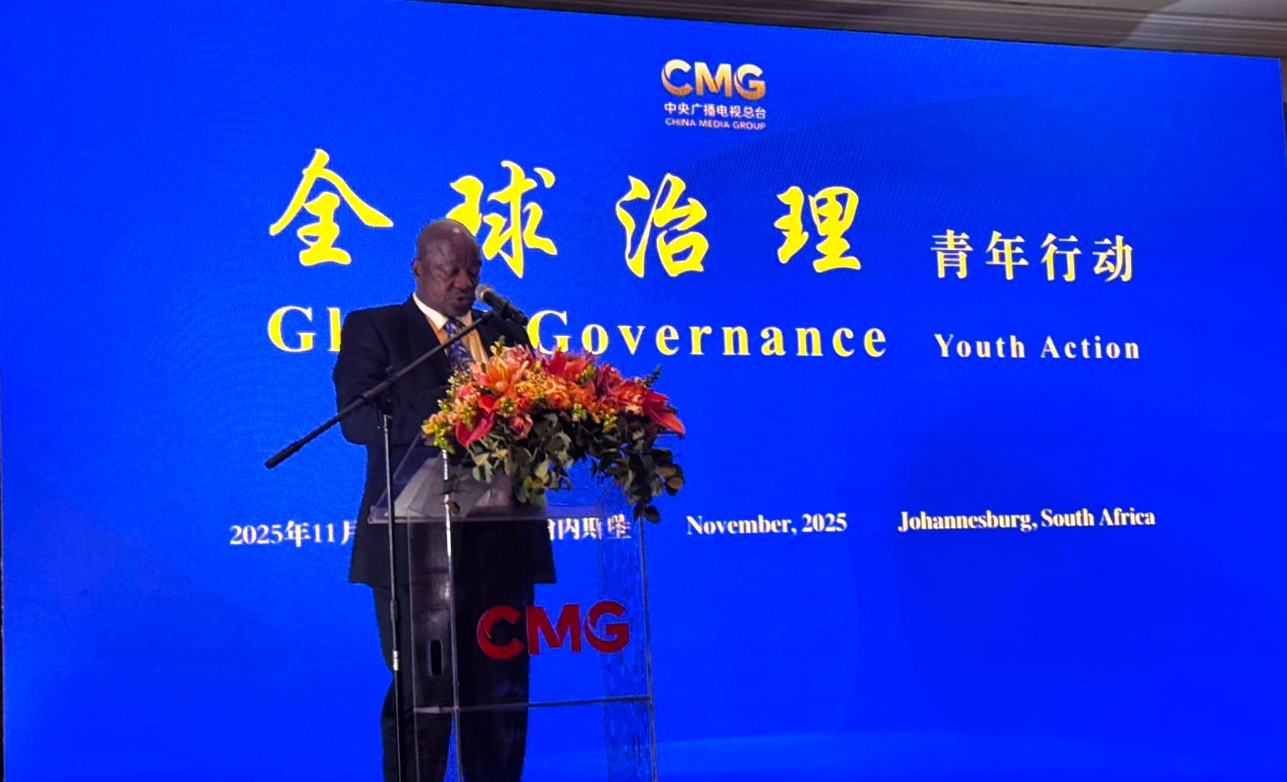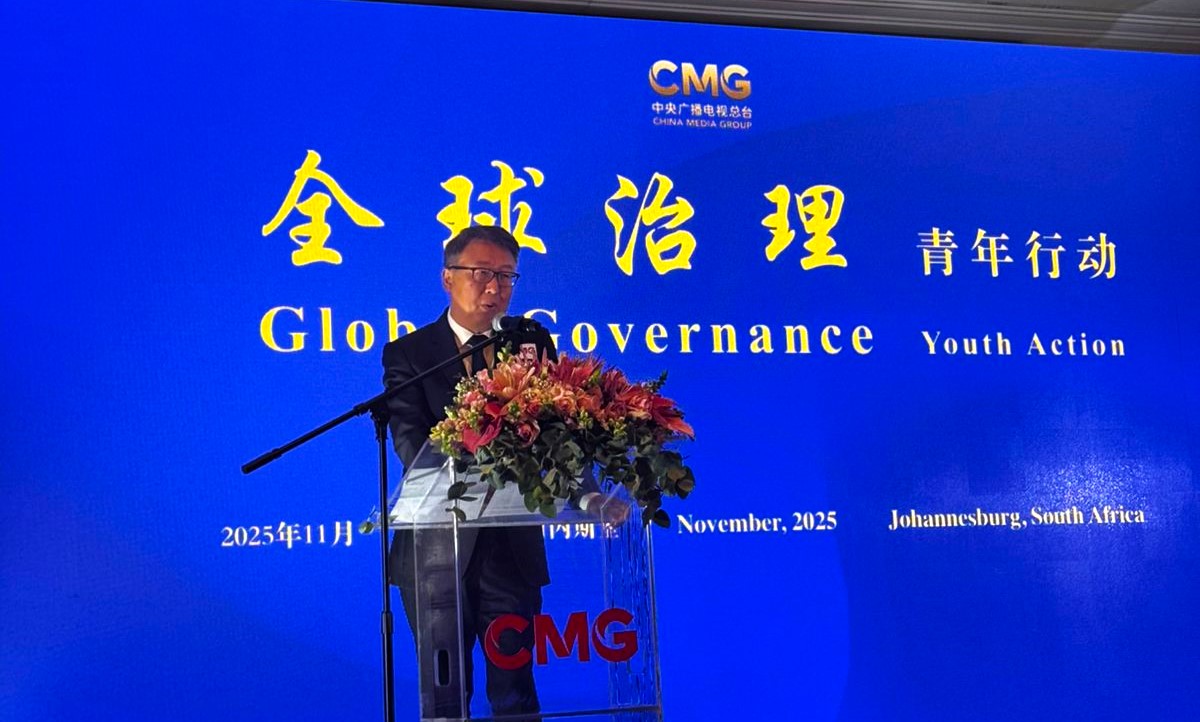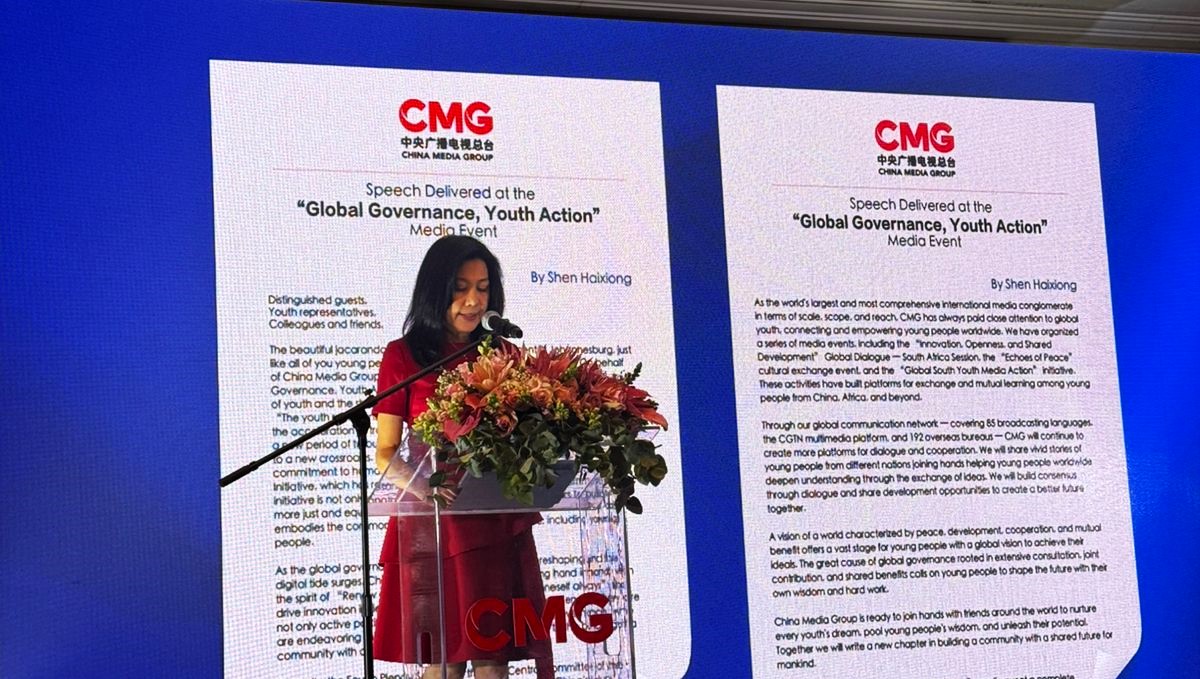In global geopolitics, alliances are not just about friendship. They revolve around power, trust, and principle. South Africa’s recent actions raise uncomfortable questions about its true loyalties. Once a strong voice of the Global South and a strategic pillar in BRICS, South Africa now seems the weakest link in a bloc meant to challenge Western dominance.
The Putin Dilemma and a Moment of Weakness
The 2023 BRICS Summit in Johannesburg was meant to be a defining moment for South Africa. It offered a chance to reaffirm its leadership in the Global South. Instead, it exposed South Africa’s diplomatic timidity. The ICC’s warrant of arrest for Russian President Vladimir Putin, seen as politically motivated and encouraged by Washington, put Pretoria in an uncomfortable position.
Rather than standing firm on the principles of sovereignty and non-interference — values the BRICS alliance was built upon — South Africa bowed to Western pressure. It allowed a Western narrative to dictate the tone of a summit meant to celebrate multipolarity. The image of an absent Putin in Johannesburg symbolized more than just a logistical compromise; it represented South Africa’s quiet retreat from strategic courage. Ironically, President Putin was later invited to a summit in the U.S., where he and Donald Trump were scheduled to meet on August 15, 2025, in Alaska at a U.S. military base. The fact that Putin later travelled to the United States — a powerful statement in contrast — underscored South Africa’s missed opportunity to lead with conviction.

A Pawn in Europe’s Strategic Chessboard
While South Africa prides itself on its “balanced” foreign policy, its growing alignment with the European Union tells a different story. In recent months, Pretoria has deepened ties with the EU under the guise of trade cooperation and developmental partnership. Yet, behind this renewed warmth lies a more calculated European motive.
With the return of a Trump administration in the United States — an administration openly sceptical of traditional alliances — Europe is recalibrating. The EU’s foreign policy circles see countries like South Africa as convenient interlocutors: soft entry points to the Global South and buffers against Washington’s unpredictable posture. Pretoria, once a bold advocate of African agency, now risks being reduced to a diplomatic pawn in a Western chess game it does not control.

The Weakest Link in BRICS
BRICS was never meant to be a political club; it was conceived as a counterbalance — a coalition for equitable development and sovereign decision-making. Yet, as Brazil, Russia, India, China, and new entrants like Saudi Arabia and Iran consolidate their positions in the shifting global order, South Africa’s ambiguity stands out.
Pretoria’s tendency to appease Western interests has created a perception of unreliability within the bloc. While other BRICS members boldly advocate for a de-dollarized world, reform of global institutions, and fairer trade systems, South Africa hesitates. The result is not only a weakening of its geopolitical standing but also a dilution of the collective voice BRICS was designed to project.

A Crisis of Identity
South Africa’s foreign policy once symbolized independence — a moral and strategic voice that championed justice, equality, and non-alignment. Today, it risks being seen as a country trapped between its ideals and Western influence. The irony is that the very nations that once imposed sanctions on apartheid South Africa now dictate the tone of its diplomacy.
By choosing to bend rather than balance, Pretoria undermines its own credibility and the trust of its partners. Its alliance with the EU, while lucrative on the surface, is increasingly transactional — built not on shared values but on mutual convenience.

Rediscovering South Africa’s Global Voice
The world is changing rapidly. The rise of BRICS+, the decline of unipolar dominance, and the emergence of new economic corridors have given the Global South unprecedented leverage. South Africa, as the first African member of BRICS, carries a symbolic responsibility that extends beyond national interest.
It must decide whether it wishes to remain a passive participant in Western-designed frameworks or a proactive architect of a new, multipolar world order. True sovereignty lies not in appeasing the powerful, but in standing firm on principle — even when inconvenient.
The great betrayal is not only of BRICS or Russia — it is a betrayal of South Africa’s own legacy. A nation once admired for its moral clarity and leadership in global justice now risks fading into diplomatic mediocrity. If Pretoria continues to bow to Western pressure, it will find itself neither trusted by the East nor respected by the West.
It is time for South Africa to reclaim its foreign policy independence, rediscover its courage, and stand once again with those shaping the future — not those clinging to the past.


